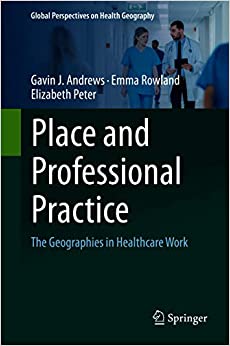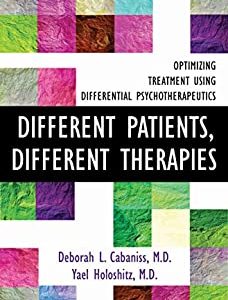This book presents the first single comprehensive analysis of the scope of geographical realities and relevance in health care work. Conceptually, the book conveys how space, place and geographical ideas matter to clinical practice, from the historical beginnings of professional roles and responsibilities in medicine to the present day. In 8 chapters, the book covers healthcare work across a range of job types (including physician, nurse, and multiple technical and therapeutic roles in multiple specialties), and across a range of scales (focusing on global issues and trends, national and regional particularities, urban and rural issues, institutional environments and various community settings). This book is intended for students, teachers, and researchers in geography, social science and various health sciences.
Chapter 1 examines how geographical ideas have been central to practitioners' thinking and practice over time. Chapter 2 reviews the scope of contemporary geographical study of health care work. Chapter 3 presents an empirical case study of the geographies in hospital-based ward work. Chapter 4 presents an empirical case study of the geographies in ambulance/rapid response work. Chapter 5 presents a case study of the geographies associated with a high profile case of criminality and neglect in practice. Chapter 6 considers concepts and the geographies in person-centred care. Chapter 7 considers concepts and the geographies in skills attainment.











